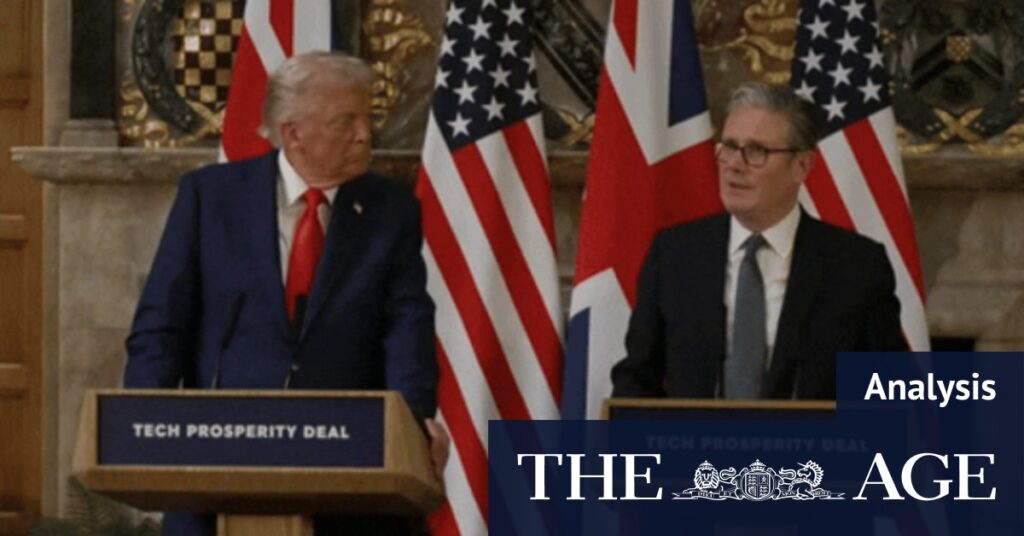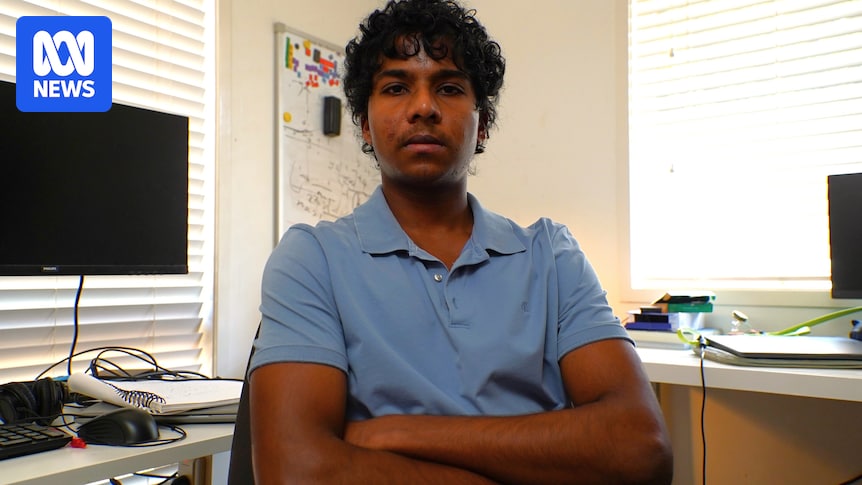
Washington: As Anthony Albanese prepares for a potential meeting with Donald Trump in New York, the backdrop is set by Australia’s controversial decision to join an international initiative recognizing a Palestinian state at the United Nations. This diplomatic maneuver adds complexity to the meeting, given the United States’ strong opposition to such a move. The encounter, which might be no more than a brief “pull aside” amid a flurry of events, comes at a time when Australia is taking a stance that Trump fundamentally opposes.
The announcement comes as US Secretary of State Marco Rubio has publicly criticized countries like Australia, France, and Canada for recognizing Palestine. Rubio’s remarks suggest that these recognitions have prompted hard-right Israeli politicians to push for the annexation of the West Bank, a move that could jeopardize the Abraham Accords.
International Tensions and Diplomatic Reactions
During a visit to Israel and Qatar, Rubio was questioned about Israeli ministers advocating for annexation and whether such actions threaten the peace agreements established by the Abraham Accords. Rubio responded,
“I think much of that is a reaction to several nations around the world deciding to unilaterally declare a Palestinian state. We warned them that we thought that was counterproductive.”
Rubio further argued that recognizing Palestine could embolden Hamas and undermine future peace prospects in the region. He reiterated these points in an interview with Fox News, emphasizing that the recognitions were largely symbolic.
Starmer’s Diplomatic Approach
Meanwhile, British Prime Minister Keir Starmer’s recent meeting with Trump highlighted the contrasting views on the Middle East situation. Despite their differences, Starmer’s handling of the issue during a joint news conference was notably effective. When pressed by an American journalist about whether recognizing Palestine rewarded Hamas, Starmer was unequivocal.
“Let me be really clear about Hamas,” Starmer asserted.
“They’re a terrorist organisation who can have no part in any future governance in Palestine.”
His directness prompted Trump to acknowledge the statement with a pat on the back, saying, “That’s good.”
Starmer continued by referencing the October 7th attacks, describing them as the worst since the Holocaust, and shared his personal connection through extended family in Israel. He emphasized that Hamas did not seek a ceasefire, peace, or a two-state solution, to which Trump subtly nodded in agreement.
Implications and Future Prospects
Starmer’s clarity and conviction in addressing the issue appear to have resonated with Trump, who values straightforward communication. Trump’s appreciation for Starmer’s approach highlights a diplomatic skill that could be crucial as international tensions continue to rise over the recognition of Palestine.
The move represents a significant moment in international diplomacy, as countries navigate the complex dynamics of Middle Eastern politics. The recognition of Palestine by nations like Australia could influence future negotiations and peace efforts, with potential ramifications for regional stability.
As Albanese and Trump potentially meet, the implications of Australia’s decision will likely be a focal point of discussion. The outcome of these diplomatic engagements could shape the future of international relations concerning the Israeli-Palestinian conflict.
In conclusion, the developments underscore the delicate balance world leaders must maintain while addressing contentious issues like the recognition of Palestine. The diplomatic strategies employed by leaders such as Starmer may serve as a model for others navigating similarly challenging geopolitical landscapes.







